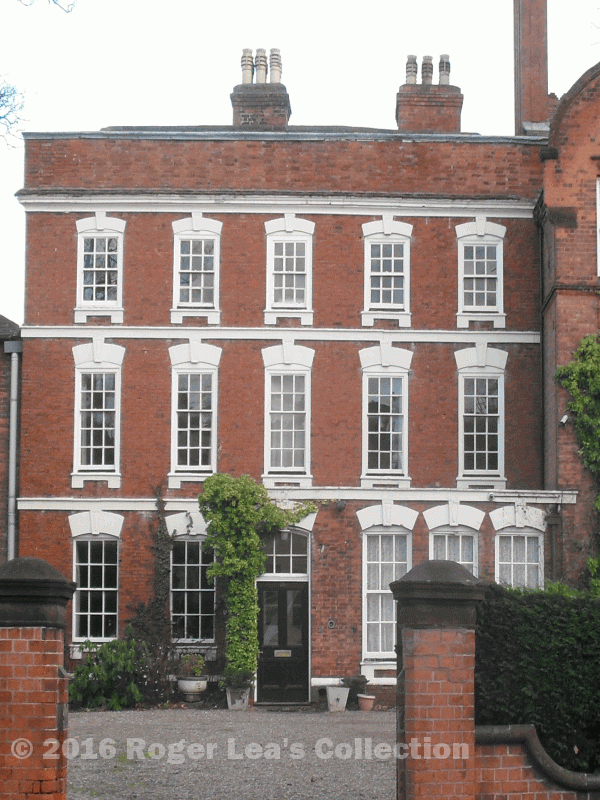At a big open-air meeting held in Sutton in 1854, one of the speakers, the rabble-rousing Mr. George Horatio St. Clair, said of the Grammar School “with ample funds, with no want of money, with £400 or £500 a year, with a good school house, and good land, and everything attached to it, what do they come to at last? Why, with one solitary scholar, and he had to sit in the pantry, for the school-room itself was converted into a nice little dining room for the master, and so with this poor little solitary boy in the pantry the master, I suppose, used to hear his lessons by means of a telescope.”
Bishop Vesey’s Grammar School had been through bad patches before - trustees helping themselves to the funds in 1634 and 1640, the school building falling down in 1727 - but the appointment of Charles Barker as Headmaster in 1817 heralded the lowest point. Barker, well qualified academically, took up his post in May 1818, and resolved that the school would take only classics scholars. The trustees received a letter of complaint from a parent in 1821, whose son’s latin had got worse instead of better after a year’s teaching by an incompetent undermaster, and in 1823 Thomas Holbeche complained of inattention to his son’s education.
The trustees accepted Barker’s explanations, and also excused him when the Charity Commissioners reported in 1833 that he had converted the schoolroom into a dining room, using the laundry as a study for the occasional scholar. This was not surprising, as most of the trustees were Barker’s cronies on the hunting field and fellow members of the County aristocracy; Barker was a member of the Warden and Society, and was elected Warden (equivalent of Mayor) of Sutton in 1836 and again in 1837. He died in October 1842, and Kerry Osbourne in his History of Bishop Vesey’s Grammar School, wrote “Barker’s removal from the scene was of considerable benefit to the school and may even have prevented its extinction.”
Barker lived like a country gentleman, using the school as his stately home, managing the school lands and involving himself in local politics. The diarist Sarah Holbeche did not approve - “on Mr. Barker’s head must rest the blame for his want of education” she wrote when her brother John died at sea in 1834; (if he had been properly taught he would not have gone to sea). In 1835 she noted “the unmanly intrigue of messrs. Bedford (the Rector), Barker, and Brown” (the thrice big Bs) when they tried (but failed) to have Mr.Perkins elected High Steward of Sutton Coldfield instead of Lord Aylesford (Perkins lived at Moat House, next door to Barker, and kept a pack of fox hounds). When Barker’s horse came home without him, and he was found dead, Sarah remarked that he had only gone to Walmley to persuade Mr. Webster of Penns Mill to join one of his nefarious schemes. Mr. Bedford collapsed and died of apoplexy in Temple Row in Birmingham the following July, 1843, and Sarah linked the sudden death of two of the “thrice Bs”, saying it was “God’s judgment dealing with our fellow sinners.”
By the time of St.Clair’s speech in 1854 the school was beginning to flourish again.
**Apology - in November 30th’s History Spot about Maney Stone House I said that the last verger to live there died in 2003. In fact he retired then, and is still living - my mistake.**
